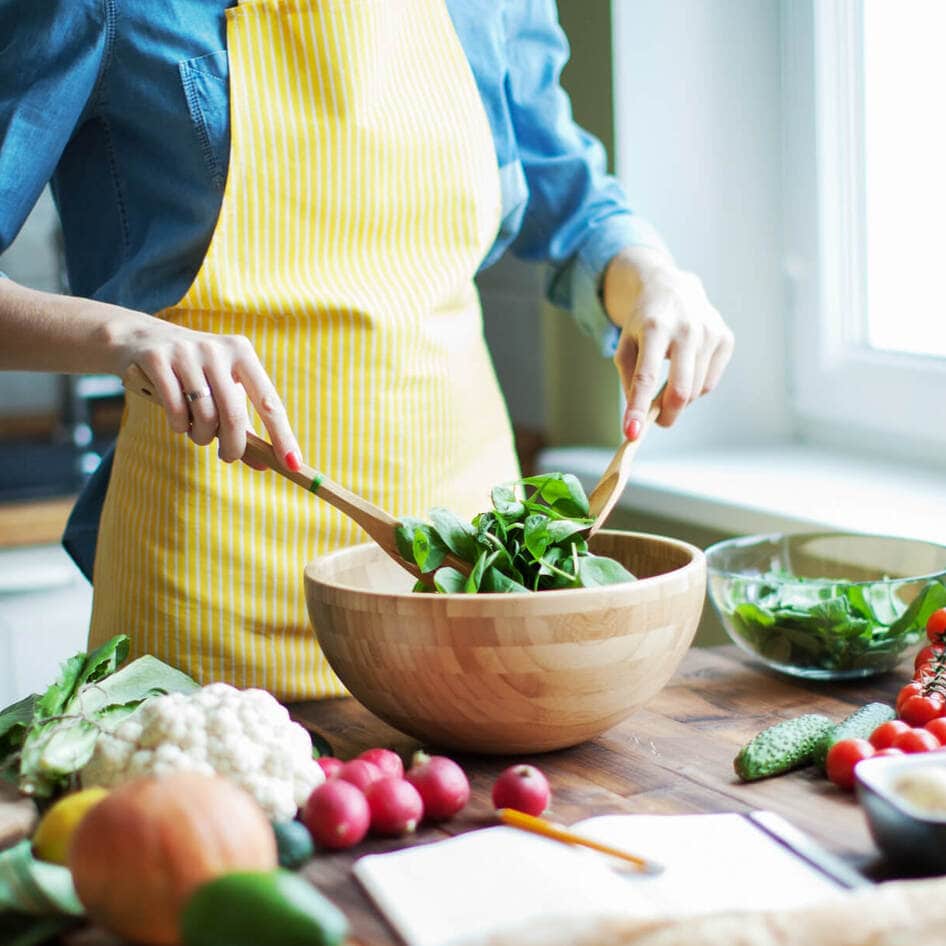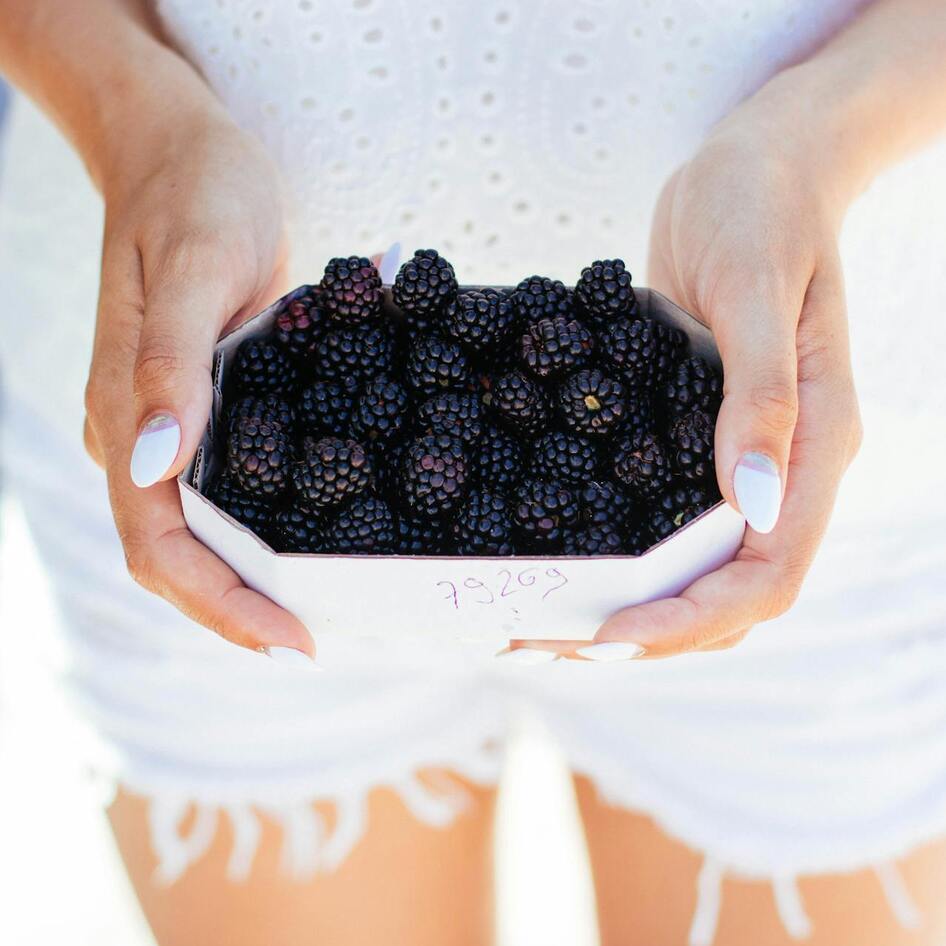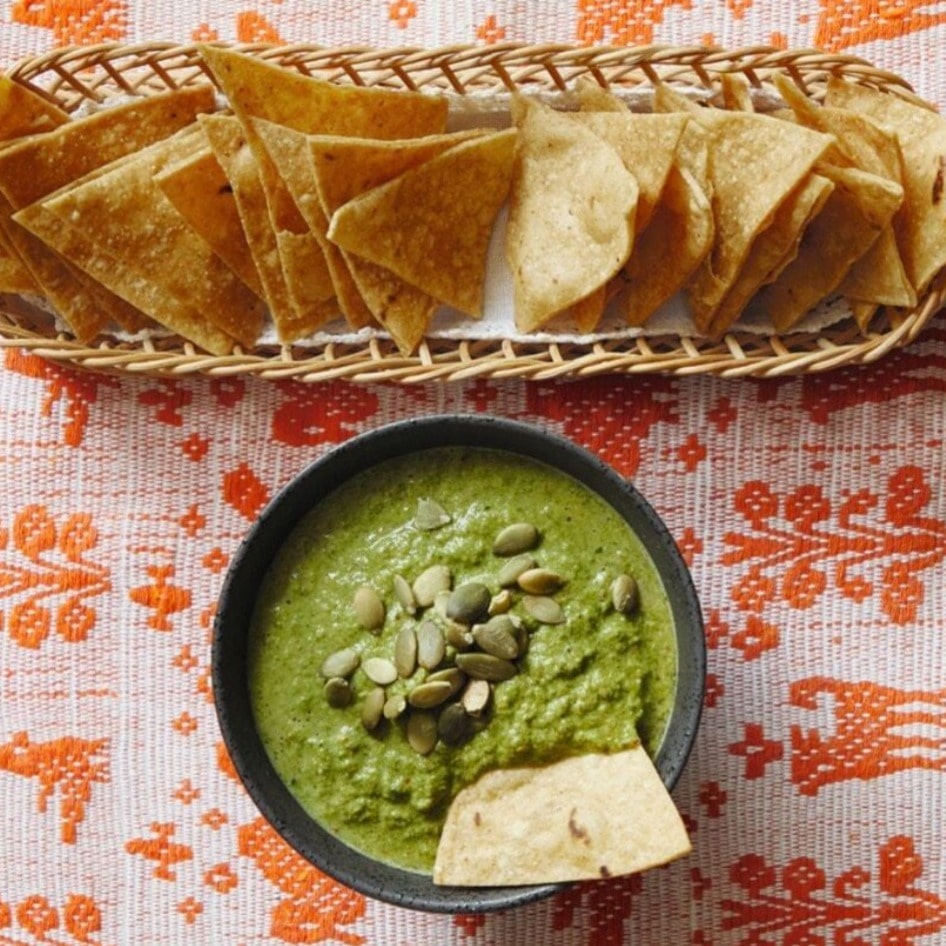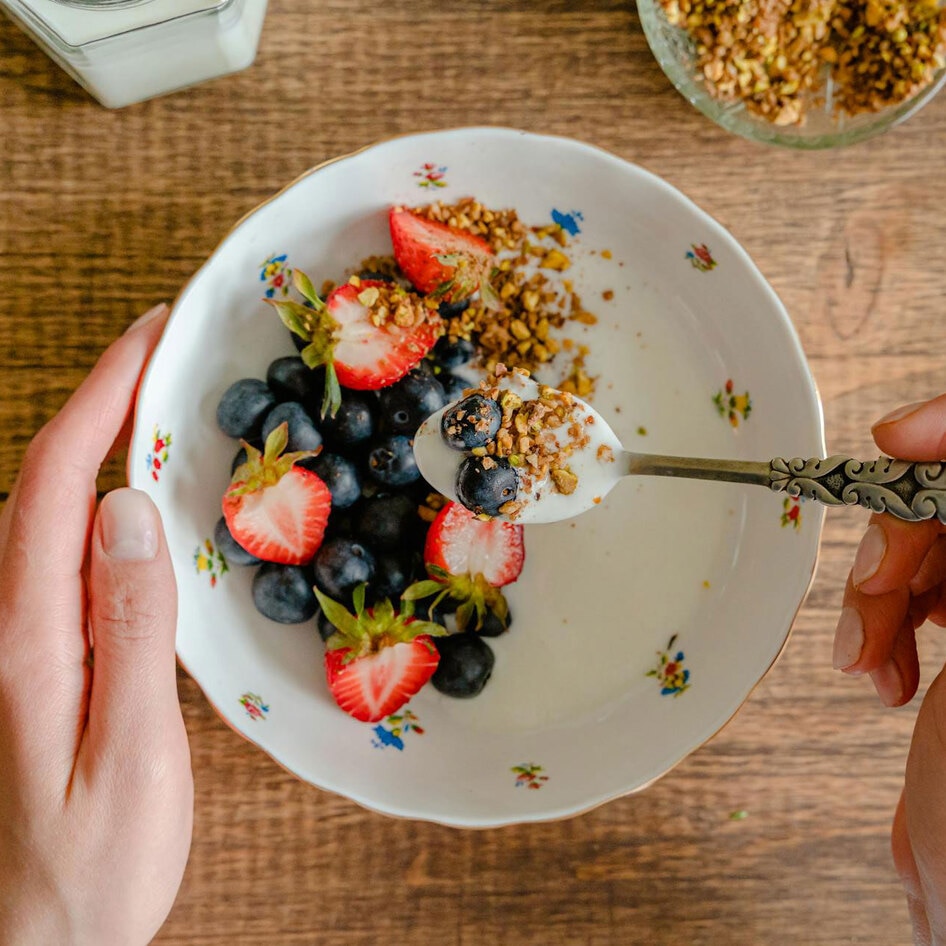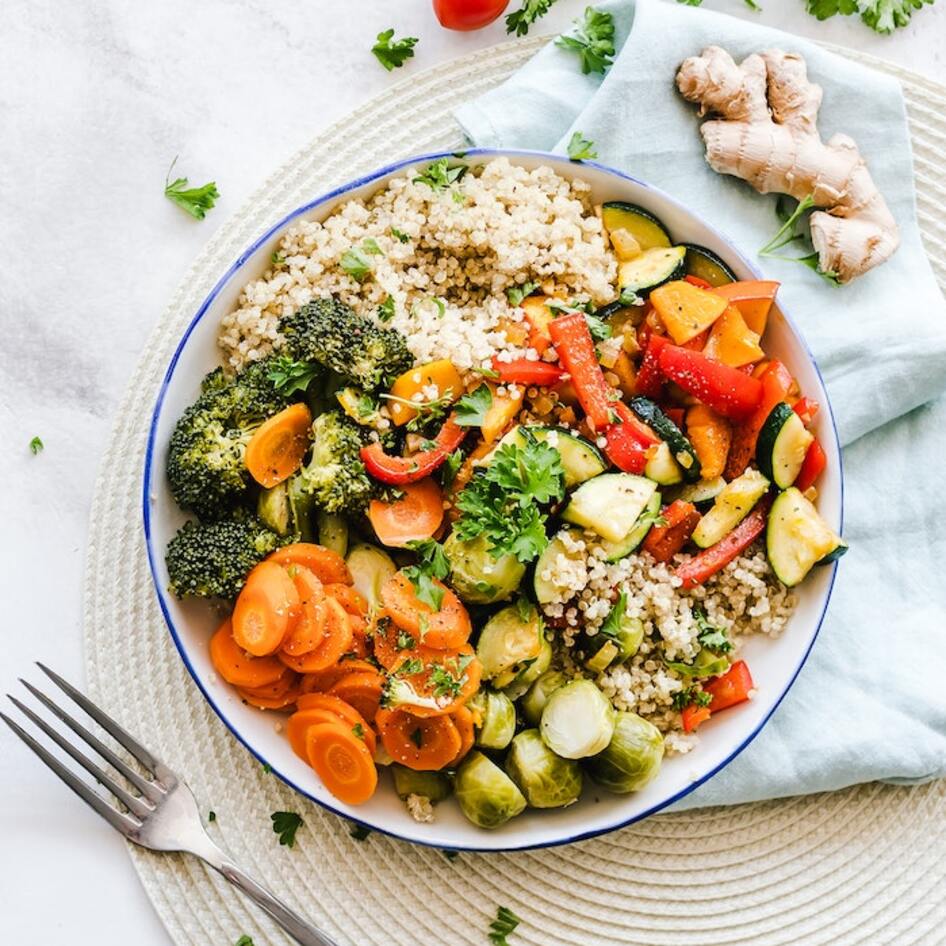Nutrition Guide for Veg Teens
Whether you’re a teen or a parent, check out VN’s handy nutrition guide to stay strong, smart, and energetic.
October 31, 2009
With the social pressures and busy lives that befall the average American adolescent, nutrition often takes a back seat. This is even more of an issue for the veg-inclined, because accessibility becomes a problem. Although schools are offering more meatless options than ever before, jam-packed schedules make the convenient lure of the vending machine even more tempting. Whether you’re a teen or a parent, here is some healthy advice to keep the high school set going strong.
Ample Calories
Teens are growing, so getting sufficient calories is important. The American Heart Association recommends that between the ages of 14 and 18, girls should consume 1,800 calories daily and boys should consume 2,200. Dry cereal for breakfast is not a healthy start. Eating almond butter on whole grain toast topped with banana slices and a glass of soymilk is a better way to provide needed calories and nutrients. Keep energy high all day by including healthy and portable snacks for all those on-the-go activities.
Pump Up the Protein
Protein is important for building muscles and bones and for bodily repair. Include a variety of beans, soy foods, nuts, and whole grains. A varied diet including these foods on a daily basis will provide more than enough protein. As a bonus, these foods are high in fiber, calcium, and of course, cholesterol free, when compared to their non-veg counterparts.
Omega Boost
At this highly hormonal time, omega fats are vital to combat acne. Invite foods high in omega fats to become regulars at your kitchen table, such as walnuts, pumpkin seeds, and flax seeds. Remember to grind flax seeds to get the most nutritional benefits. You can also include a supplement of flax, borage, or evening primrose oil. Hemp oil is also a source of omega-3 and omega-6 fatty acids that tastes great on salads.
Vitamins and Minerals
Iron may be an issue, particularly for teen girls. Include foods such as blackstrap molasses, beans, dried fruits, and turnip greens. An essential nutrient for energy, B12 must be conscientiously included in a vegan diet. One of the best-and tastiest-sources of B12 is Red Star nutritional yeast. It makes an exquisite topping for popcorn, salads, and steamed veggies. It is also the star ingredient in many a vegan mac and cheese. If nutritional-yeast gravy is not on the menu, consider a B12 supplement. Calcium is needed for strong bones, and a teen’s recommended intake of calcium is 1,300 milligrams. This can be easily met with nuts and seeds, dark leafy greens, blackstrap molasses, dried figs, and fortified foods such as tofu (made with calcium) and non-dairy milk. When thinking about calcium and bone health, it’s important to remember vitamin D. The sun helps our bodies produce vitamin D, which helps absorb calcium. So go play outside!
JUMP TO ... Latest News | Recipes | Guides | Health | Subscribe

